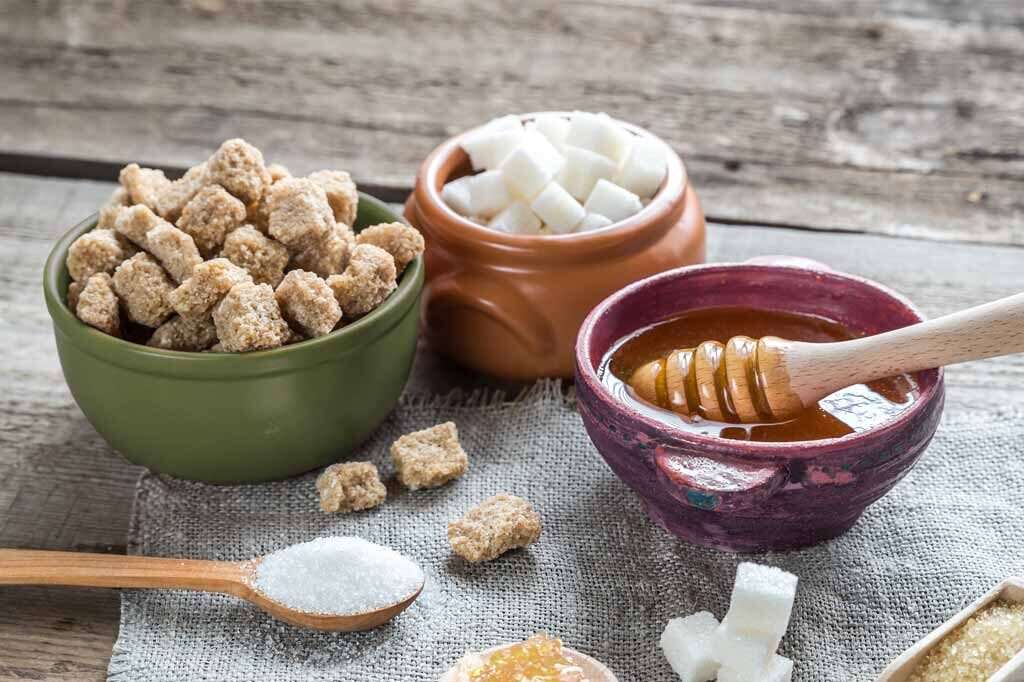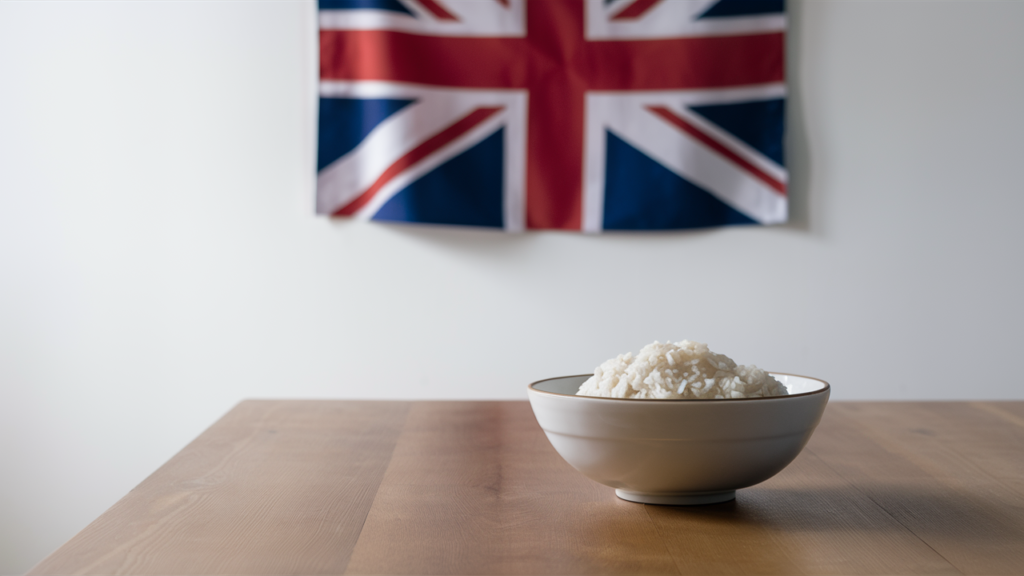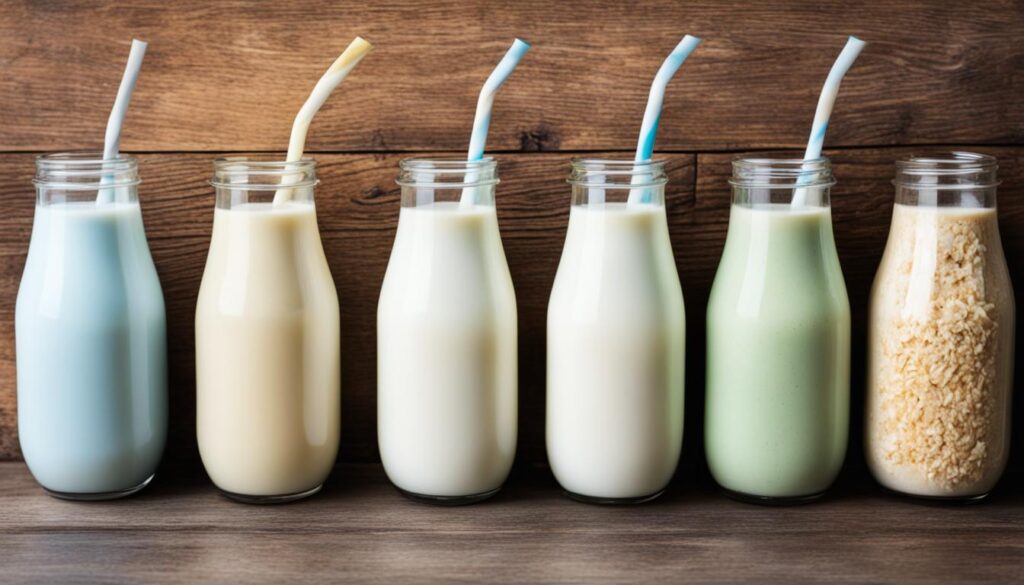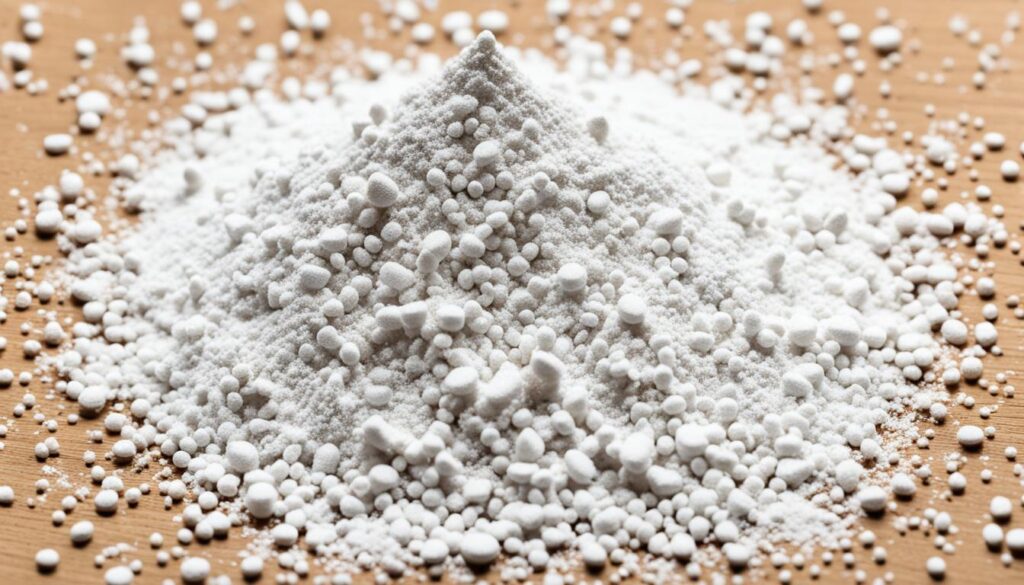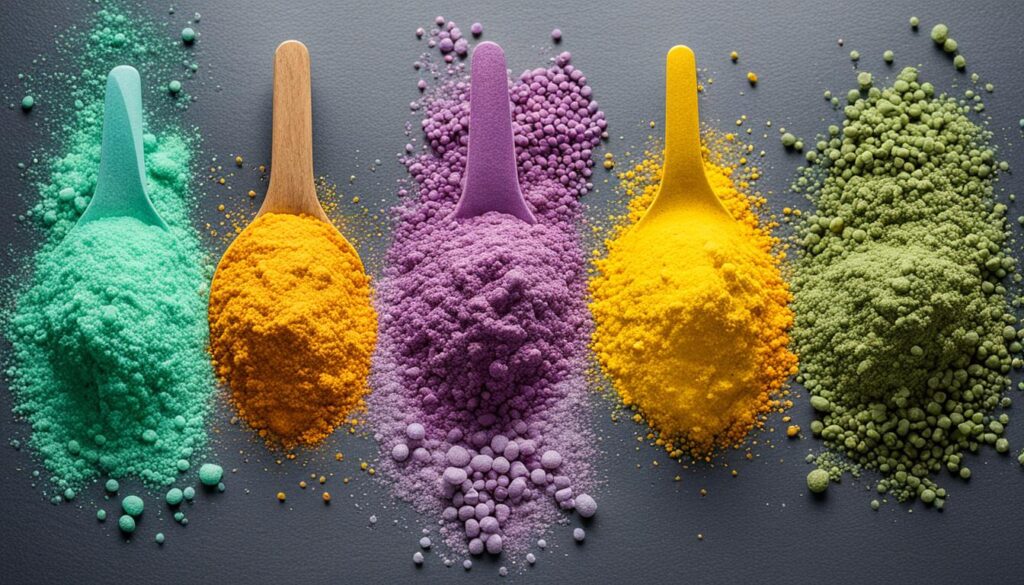Sweeteners are defined as food additives that are used or intended to be used either to impart a sweet taste to food or as a tabletop sweetener.
Low-calorie sweeteners offer many benefits for end-users, psychological as well as physiological. Health practitioners and customers are of the opinion that low-calorie sweeteners are beneficial for the following purposes: weight maintenance, weight loss, diabetes control, dental caries loss, and risk reduction associated with obesity.
Sweetener Types and Their Usages
Rice Maltodextrin
Maltodextrin is a white powder made of maize, rice, starch from potato, or wheat.
It is highly processed although it comes from plants. First, the starches are cooked to create it, and then acids or enzymes like heat-stable bacterial alpha-amylase are added to further break it down. The resulting white powder is soluble in water and has a neutral flavor.
Rice Syrup Solids
Rice syrups are made naturally, without the use of any artificial sweeteners, hypoallergenic, and gluten-free organic sweeteners. Extracted from rice grains through an enzyme process, rice syrups usually have a slightly sweet flavor and are widely used in sweets and desserts as organic sugar substitutes.
Organic rice syrups are surprisingly sweet, with no increased blood sugar content. This outstanding value is due to the Rice Syrup Solids, mainly rice, which consists of complex carbohydrates that remain long after consumption is retained in the muscles.
Maltodextrin Tapioca
Maltodextrin tapioca is dietary dextrose made from Tapioca. Maltodextrin is a polysaccharide of mild sweetness, used as a food additive. Maltodextrin is readily digestible, and like glucose, is readily absorbable. Maltodextrin can come from any form of starch.
Tapioca Syrup Solids
Organic tapioca syrup solids are a slightly sweet, off-white-to-white powder used for thickening, bulking, binding, building solids, and freezing point depression in bakery, confectionery, and many other applications. Organic tapioca syrups are also known as dried glucose syrup or solids of glucose syrup.
How Sweeteners Can Help Boost Immunity Against COVID-19
Sweeteners offered by Shafi Gluco Chem are made of organic products which do not have any side effects plus it can replace the regular sugar which causes increased sugar levels and also becomes a cause for obesity and diabetes in the long term.
Low-calorie sweeteners provide a way to enjoy good-tasting foods and drinks without calories for about 187 million adult Americans. Data suggests buyers of low-calorie, sugar-free foods and drinks have integrated these items into a healthier lifestyle overall. Staying in better overall health is ranked as the number one reason why low-calorie foods should be used. Staying in better physical health requires reaching and maintaining a healthy weight for many low-calorie users of the products.
Being able to control your weight and a decent amount of daily exercise can help boost your immune system to fight against viruses and infections.
Conclusion
For many other factors than dieting, people are using low-calorie foods and beverages. 68 percent of users of low-calorie items do not have a diet. “Calorie awareness” for these individuals does not indicate a dedication to weight management or weight loss. Those “non-dieters” instead use low-calorie foods as part of a healthy lifestyle.
There were concerns that the advantages of low-calorie sweeteners are not well known. Indeed, scientific evidence supports the advantages of low-calorie sweeteners, especially as regards weight control.



